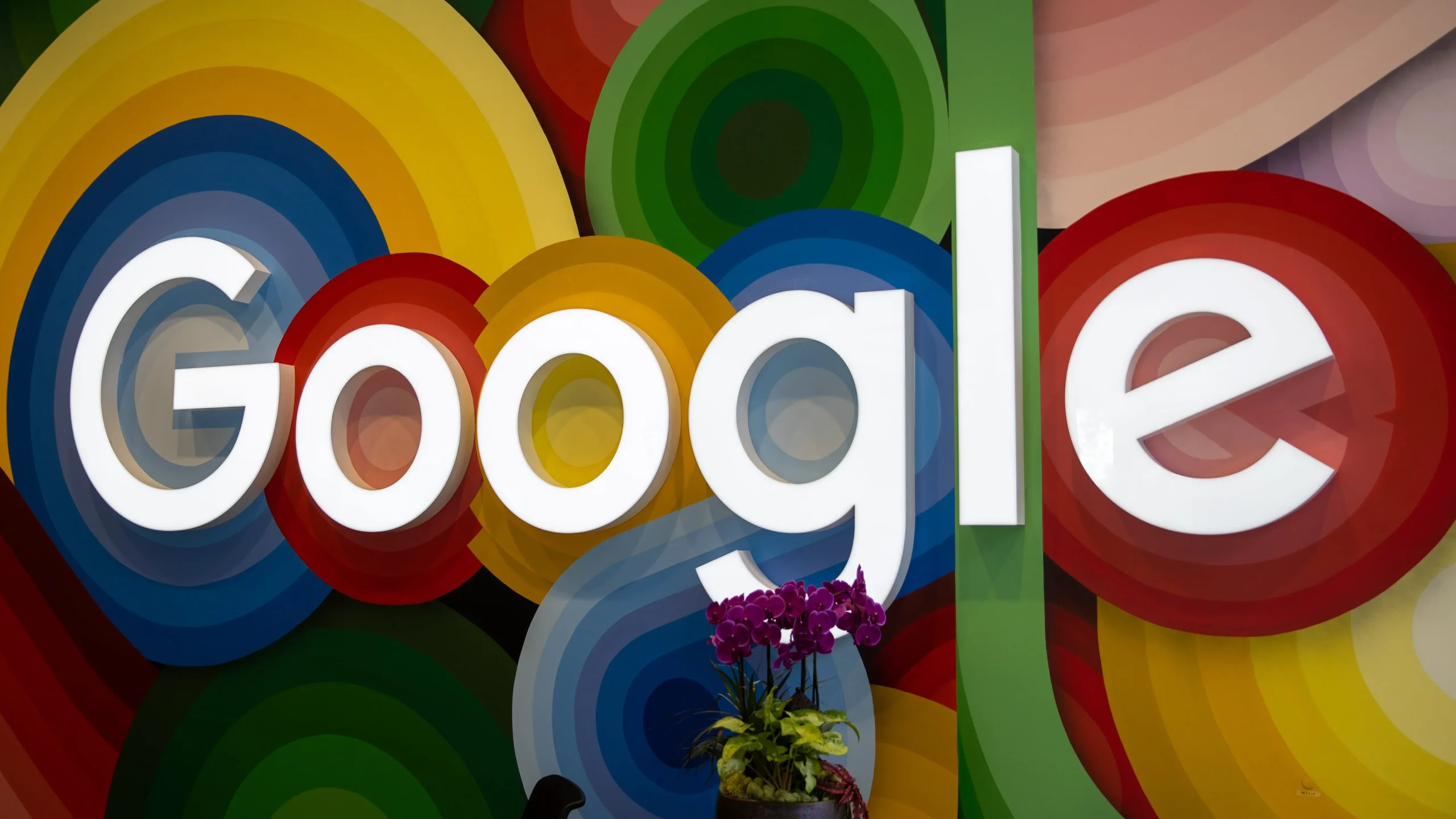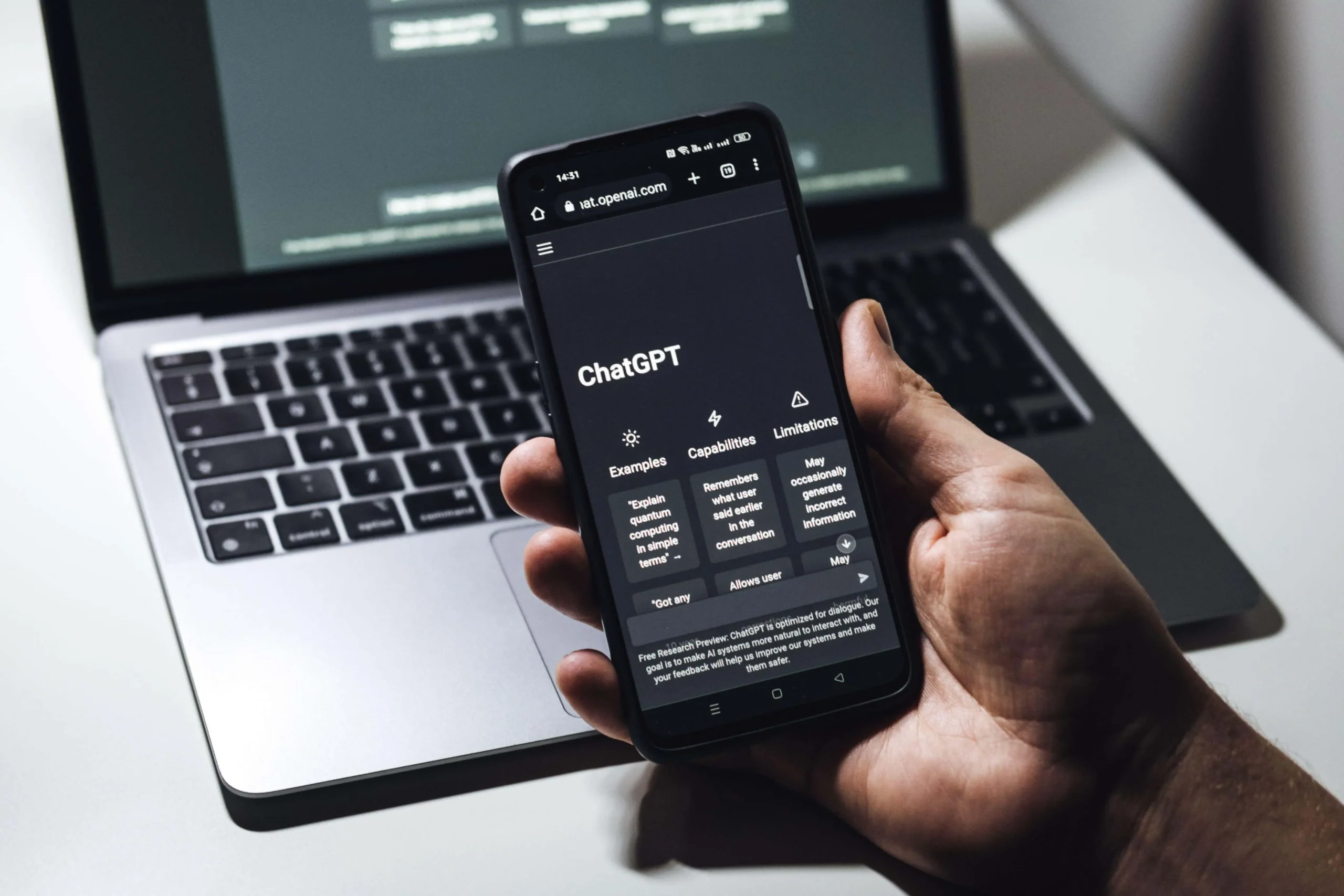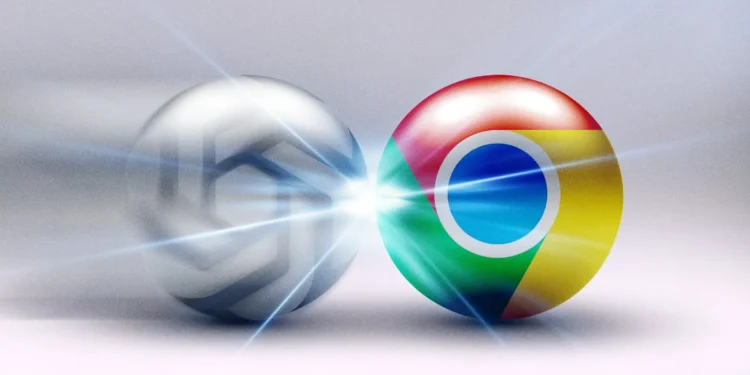In a dramatic twist in the ongoing antitrust battle against Google, OpenAI has emerged as a potential buyer for one of the tech giant’s most valuable assets—the Chrome web browser. This revelation was made during a high-stakes trial in Washington, where OpenAI’s head of product, Nick Turley, testified that his company would be interested in purchasing Chrome if the U.S. Department of Justice (DOJ) succeeds in forcing Google to sell it as part of efforts to restore competition in the online search market.

OpenAI’s Interest in Chrome: What Does This Mean?
The testimony, given on April 22, 2024, sheds light on OpenAI’s growing influence in the tech world. Turley’s statement came amidst an ongoing trial where the DOJ is pushing for sweeping changes to break up Google’s dominance in online search. The trial has highlighted concerns that Google’s monopoly in search could extend into the AI space, allowing the company to leverage its search dominance to gain an unfair advantage in the rapidly evolving generative AI market.
This move by OpenAI suggests a shift in the AI race, where major players like Google, Meta Platforms, and Microsoft are fighting to secure their positions in an increasingly competitive environment. OpenAI, which has taken a lead in the consumer chatbot market with ChatGPT, sees an opportunity to further its AI ambitions by acquiring one of Google’s most critical assets.
The Background: Google’s Monopoly and OpenAI’s Search Struggles
For years, Google has maintained a stronghold on online search, with its Chrome browser being an integral part of this dominance. U.S. District Judge Amit Mehta’s ruling last year that Google holds a monopoly in online search has led to this ongoing trial. In an effort to restore competition, the DOJ has proposed that Google sell Chrome, along with other measures, to ensure fairer competition in the tech sector.

However, Google is not willing to let go of Chrome without a fight. The company has already stated its intention to appeal the ruling, and it has refused to entertain the idea of selling its prized browser. Despite this resistance, OpenAI’s interest in acquiring Chrome reveals the company’s strategic ambitions to build a stronger ecosystem around its AI products.
The Generative AI Race: OpenAI’s Position in the Market
During the trial, Turley emphasized that while OpenAI is currently leading the consumer chatbot market with ChatGPT, Google is not its biggest competitor. Instead, OpenAI has focused on partnerships, such as its collaboration with Microsoft’s Bing search engine, to power ChatGPT’s search capabilities. In fact, OpenAI had approached Google last year, seeking to integrate Google’s search technology into its platform to improve the chatbot’s functionality. Google declined, citing concerns over the potential for increased competition in the AI space.
“We believe having multiple partners, and in particular Google’s API, would enable us to provide a better product to users,” Turley explained in a statement shown at trial. However, Google rejected this bid in August, highlighting its reluctance to collaborate with OpenAI, a competitor in the AI space.
Google’s Exclusive Deals and the DOJ’s Push for Change
The ongoing trial has also focused on Google’s exclusive agreements with companies like Samsung Electronics, which were seen as ways to solidify its search monopoly. Google has historically made lucrative deals with device makers, ensuring its search engine is installed as the default on new devices, further entrenching its dominance in the market.

However, Google’s strategy is now evolving. As part of its defense against the DOJ’s antitrust case, the company has loosened some of its most recent exclusive agreements with major device manufacturers, including Samsung and Motorola, as well as wireless carriers like AT&T and Verizon. Google has even sent letters clarifying that these agreements no longer prohibit companies from installing competing AI products.
Despite these moves, the DOJ insists that more drastic measures are needed to restore fair competition. The department has proposed banning Google from making payments to companies in exchange for exclusive deals, a measure that could have significant ramifications for the company’s business model.
ChatGPT’s Search Struggles: The Role of Google in AI Development
A major point of discussion during the trial was ChatGPT’s ongoing search challenges. Turley testified that while OpenAI’s chatbot is improving, it is still years away from achieving its goal of using its own search technology to answer a majority of user queries. Currently, ChatGPT relies on Microsoft’s Bing search engine to provide up-to-date and factual answers, but the company hopes to eventually reduce its dependence on third-party search providers.
“The search is a critical part of ChatGPT to provide answers to user queries that are up to date and factual,” Turley stated, acknowledging that OpenAI still has a long road ahead in developing a fully independent search capability. He also noted that OpenAI would benefit significantly from greater access to search data, which could help accelerate the development of its AI models.

The AI Ecosystem and the Future of Competition
As the trial continues, the future of both OpenAI and Google in the AI ecosystem remains uncertain. The competition between the two companies, along with other players like Meta and Microsoft, will shape the next chapter in the development of generative AI technologies. OpenAI’s interest in acquiring Chrome is just one example of how companies are vying for control of the rapidly expanding AI market, with each seeking to secure a dominant position in the industry’s future.
With the trial’s outcome likely to have far-reaching implications for the tech landscape, it remains to be seen how these high-stakes legal battles will play out. For now, OpenAI’s move to stake its claim on Chrome signals a bold shift in the generative AI race, one that could change the balance of power in the tech world.










